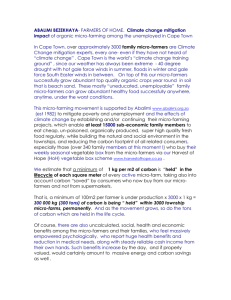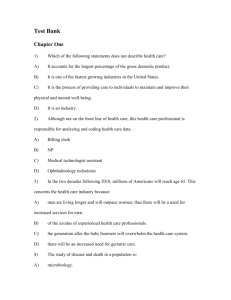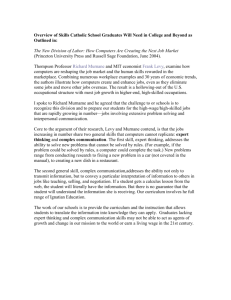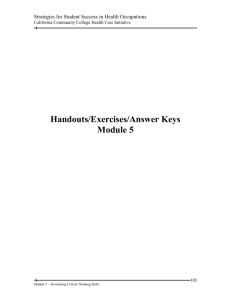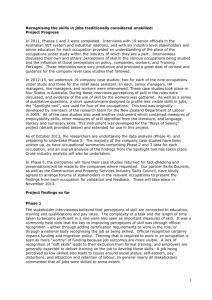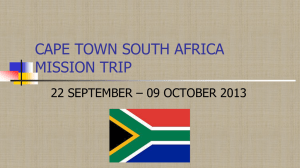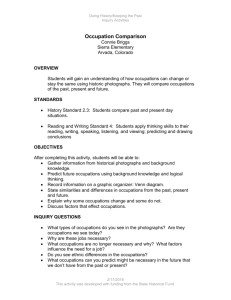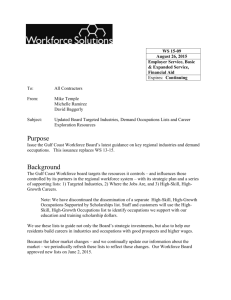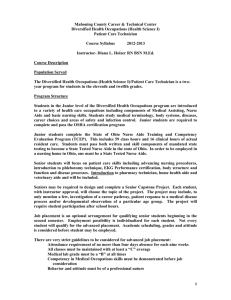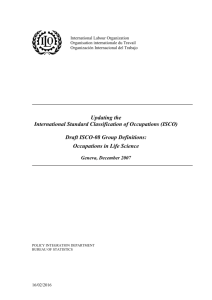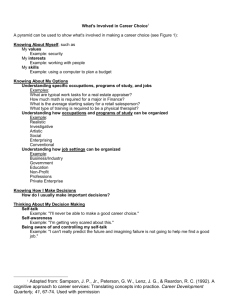“An Urban Proletariat with Peasant Characteristics” Abstract
advertisement
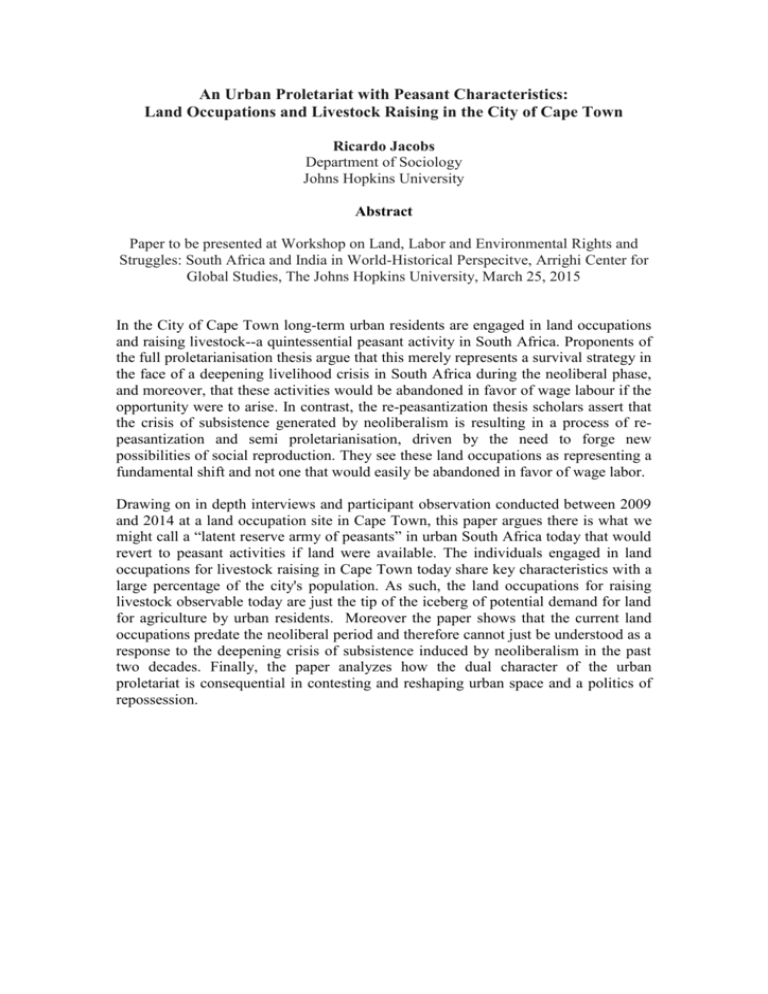
An Urban Proletariat with Peasant Characteristics: Land Occupations and Livestock Raising in the City of Cape Town Ricardo Jacobs Department of Sociology Johns Hopkins University Abstract Paper to be presented at Workshop on Land, Labor and Environmental Rights and Struggles: South Africa and India in World-Historical Perspecitve, Arrighi Center for Global Studies, The Johns Hopkins University, March 25, 2015 In the City of Cape Town long-term urban residents are engaged in land occupations and raising livestock--a quintessential peasant activity in South Africa. Proponents of the full proletarianisation thesis argue that this merely represents a survival strategy in the face of a deepening livelihood crisis in South Africa during the neoliberal phase, and moreover, that these activities would be abandoned in favor of wage labour if the opportunity were to arise. In contrast, the re-peasantization thesis scholars assert that the crisis of subsistence generated by neoliberalism is resulting in a process of repeasantization and semi proletarianisation, driven by the need to forge new possibilities of social reproduction. They see these land occupations as representing a fundamental shift and not one that would easily be abandoned in favor of wage labor. Drawing on in depth interviews and participant observation conducted between 2009 and 2014 at a land occupation site in Cape Town, this paper argues there is what we might call a “latent reserve army of peasants” in urban South Africa today that would revert to peasant activities if land were available. The individuals engaged in land occupations for livestock raising in Cape Town today share key characteristics with a large percentage of the city's population. As such, the land occupations for raising livestock observable today are just the tip of the iceberg of potential demand for land for agriculture by urban residents. Moreover the paper shows that the current land occupations predate the neoliberal period and therefore cannot just be understood as a response to the deepening crisis of subsistence induced by neoliberalism in the past two decades. Finally, the paper analyzes how the dual character of the urban proletariat is consequential in contesting and reshaping urban space and a politics of repossession.

